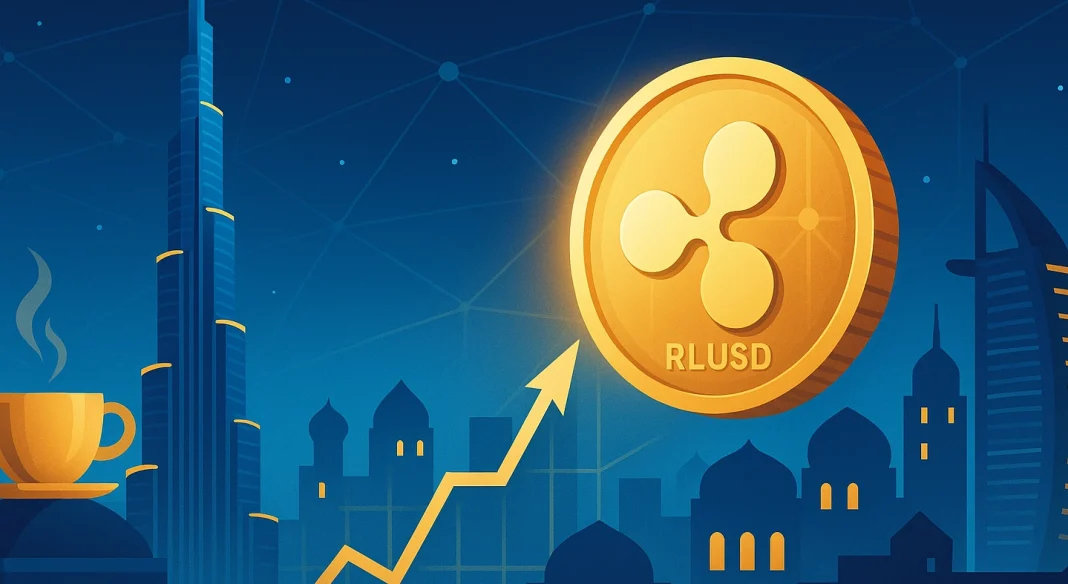Dubai, the city of glitz, gold, and skyscrapers, just gave a big thumbs-up to Ripple’s RLUSD stablecoin.
DFSA, the watchdog of the Dubai International Financial Centre, officially approved RLUSD, and it’s a game-changer for how real estate deals might go down in the future.
It’s an exclusive club, and Ripple is in
With this green light, companies in the DIFC, think nearly 7,000 businesses across the Middle East, Africa, and South Asia, can now use RLUSD for all sorts of virtual asset services. We’re talking payments, treasury management, you name it.
And don’t forget, the DIFC is a free economic zone with strict rules, only tokens recognized by the DFSA get to play in this sandbox.
Ripple’s got its finger on the pulse of the UAE’s booming digital economy. Reece Merrick, Ripple’s managing director for the Middle East and Africa, said businesses of all sizes are flocking to crypto solutions.
Huge interest, he calls it. Cross-border payments, digital asset custody, these are the hot tickets right now.
Teamwork with Zand and Mamo
Ripple isn’t flying solo here. They’re teaming up with local ventures like digital bank Zand and fintech platform Mamo, who are expected to jump on board early with Ripple’s regulated payment services.
But the real headline? RLUSD will back the Dubai Land Department’s ambitious plan to tokenize real estate title deeds on the XRP Ledger.
Imagine turning your property papers into digital tokens, secure, transparent, and blockchain-powered.
Back in March, the Dubai Land Department kicked off a pilot project to test this real estate tokenization.
Their goal? To become the go-to registration entity using blockchain tech for property titles. It’s like giving your house a digital passport.
Big win for Ripple
This approval follows Ripple snagging a full license to operate in the DIFC earlier this year. RLUSD is now one of the few stablecoins globally cleared by the DFSA’s crypto token rules and also got the nod from New York’s Department of Financial Services last December.
Alongside RLUSD, Circle’s USDC and EURC stablecoins are also approved for use in the DIFC free zone.
Dubai’s move signals a serious push toward blending traditional finance with crypto tech. For businesses and investors, it’s like getting a backstage pass to the future of digital payments and real estate.
And for Ripple? It’s a big win, a reason to smile, and a sign that the crypto revolution is just getting started in the Middle East.
Disclosure:This article does not contain investment advice or recommendations. Every investment and trading move involves risk, and readers should conduct their own research when making a decision.
Kriptoworld.com accepts no liability for any errors in the articles or for any financial loss resulting from incorrect information.


